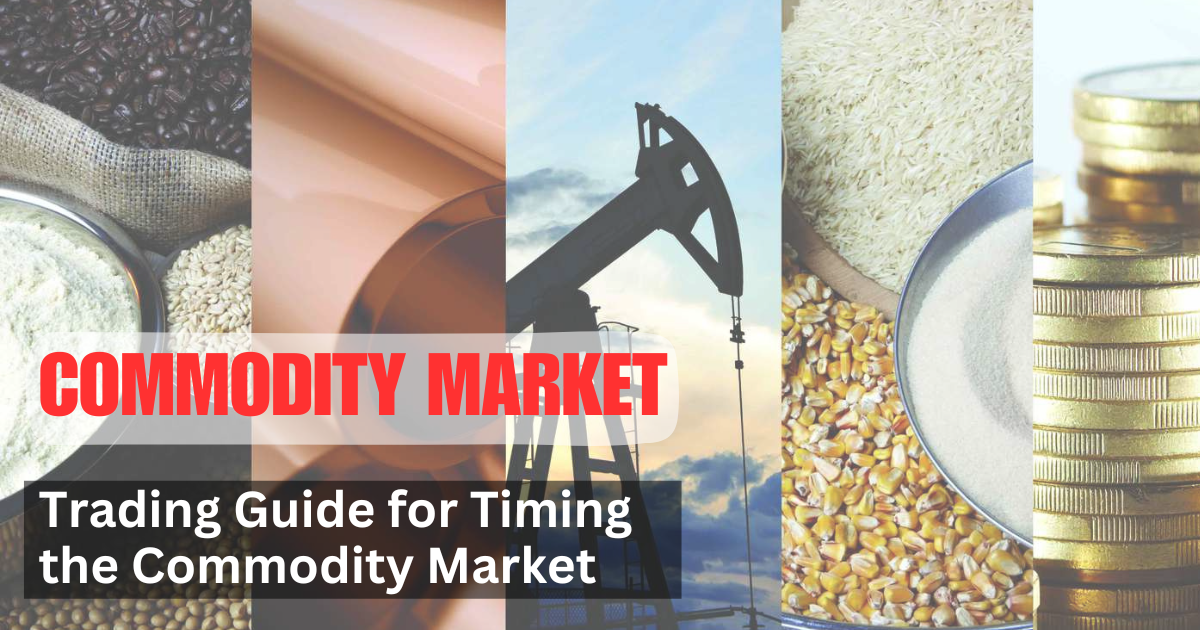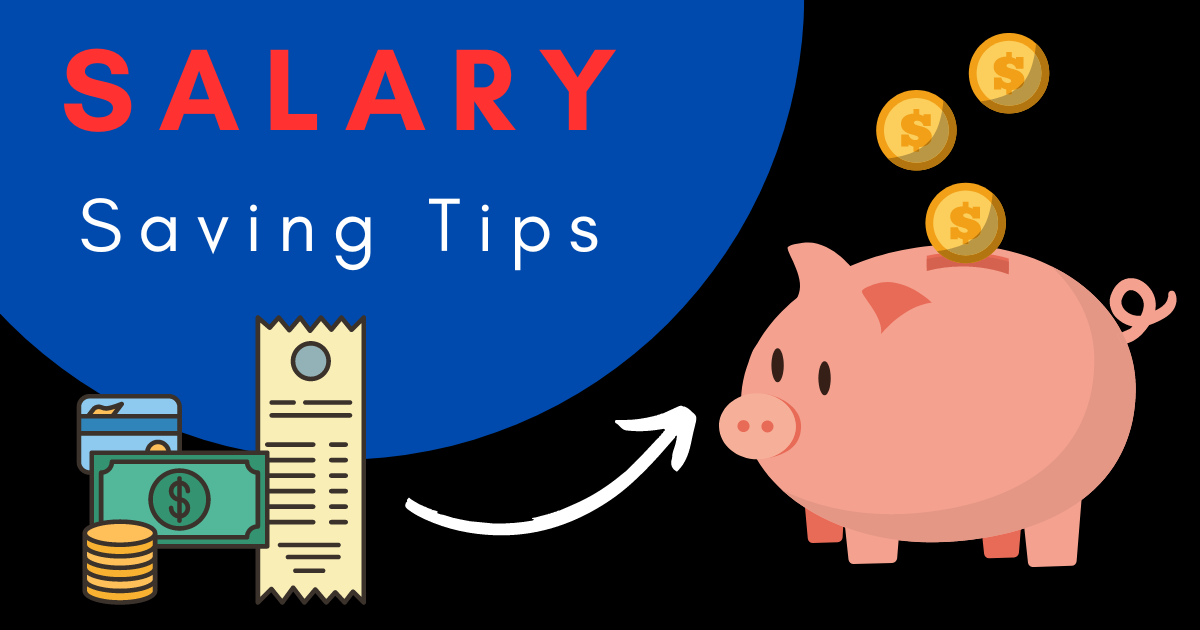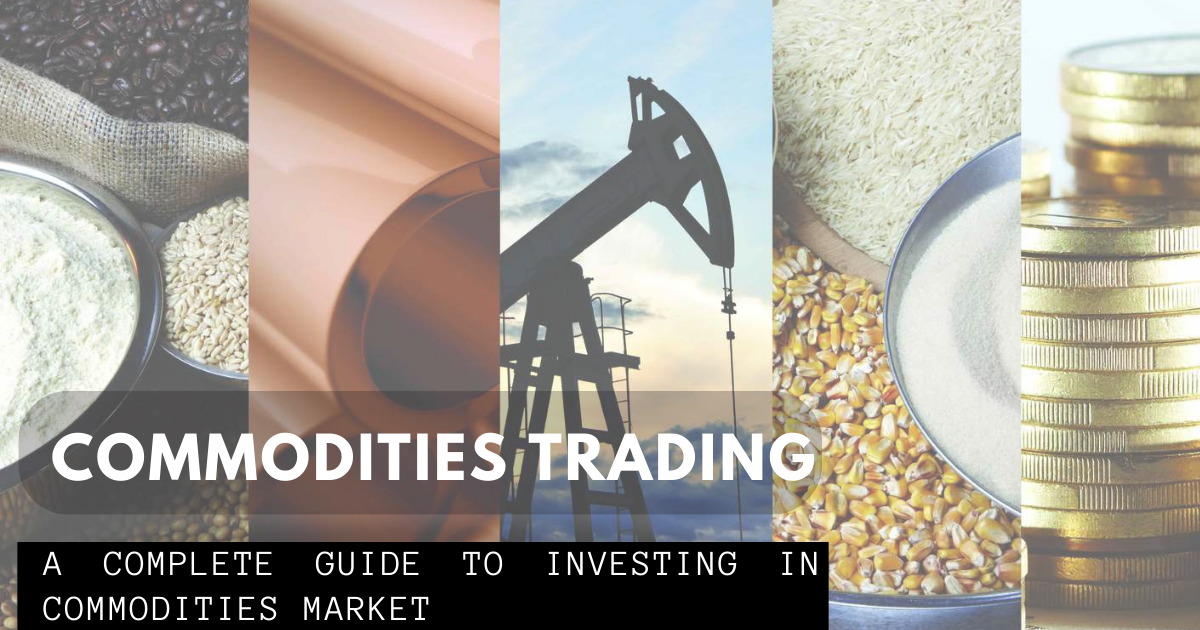
Timing is a very important part of dealing with the commodity market. Knowing the best time to trade can have a big effect on how well your trades go and how much money you make altogether.
Table of Contents
Best time to trade in Commodity
Here are some important things that should be considered when buying on the commodity market:
Market Hours and Sessions:
Depending on the exchange and the commodity being sold, there are different trading hours and sessions for each market. It's important to know these times so that you can trade when the market is busy and liquid. For example, the New York Mercantile Exchange (NYMEX) has regular trading hours from Monday to Friday. On the other hand, the London Metal Exchange (LME) has trading sessions in the morning and afternoon. Learn the market hours for the goods you want to trade so you can make the most of your time.
Economic Calendar and Events:
Pay close attention to economic calendars and events, as they can have a big effect on material prices. Economic reports, like GDP numbers, job data, inflation rates, and statements from the central bank, can make the market move and give traders chances to make money. Major geopolitical events, natural tragedies, and changes in government policy can also affect the prices of commodities. By knowing what's coming up, you can plan your deals and avoid situations that might not be good for the market.
Seasonality and weather patterns:
Many goods are affected by weather and yearly patterns, which can change how their supply and demand work. For example, the prices of corn, wheat, and soybeans change depending on when they are planted and when they are harvested. Natural gas prices can also change depending on the weather in the winter. If you know about these seasonal trends and how the weather affects them, you can better time your trades.
Technical Analysis:
Using technical analysis can help you figure out when you might want to buy or sell a product. Technical indicators like moving averages, trend lines, and oscillators can show price patterns, trends, and market movement. Traders can make smart decisions about when to get into or get out of the market by looking at past price data and chart patterns. To make better trading choices, it's important to use both technical analysis and other fundamental factors.
Risk Management:
When trading on the commodity market, it's important to use good risk management techniques. Set clear stop-loss orders to protect your cash and limit possible losses. Review and change your deals often based on how the market is doing to make sure you're not taking on too much risk. Diversifying your portfolio across different commodities and using the right size for each holding can also help you deal with risk well.
Continuous Learning and Adaptation:
The stock market is always changing, and many things can affect when things happen. It's important to keep learning, keep up with market changes, and change your trading tactics accordingly. Learn from your successes and mistakes and make changes to your method over time to get better at timing when trading on the commodity market.
Conclusion:
Remember that you need skill, knowledge, and experience to trade successfully. It's best to start with a small amount of capital and gradually raise it as you gain experience and confidence. Talking to financial advisors or experienced traders can also help you make good decisions about when to trade on the commodity market.
FAQ:
Q1: Why is timing important in commodity market trading?
A: Timing is crucial because it can significantly impact the outcome of your trades and the overall profitability. Trading during busy and liquid market hours allows for better execution and reduces the risk of slippage.
Q2: How can I know the market hours for commodities I want to trade?
A: Different exchanges and commodities have specific trading hours and sessions. It's important to research and understand the trading schedules of the exchanges where your desired commodities are listed. This information is typically available on the exchange's website or through reputable financial platforms.
Q3: How do economic calendars and events affect commodity prices?
A: Economic reports, geopolitical events, and changes in government policies can influence commodity prices. It's essential to stay informed about upcoming events and their potential impact on the market. Economic calendars provide a schedule of key reports and events that can help you plan your trades accordingly.
Q4: How do seasonality and weather patterns impact commodity trading?
A: Seasonal trends and weather conditions affect the supply and demand dynamics of certain commodities. Understanding how these factors impact prices, such as planting and harvesting seasons or weather-related demand fluctuations, can help you time your trades more effectively.
Q5: How can technical analysis be useful in commodity trading?
A: Technical analysis involves analyzing price patterns, trends, and market movements using various indicators and charting tools. It helps traders identify potential entry and exit points based on historical price data, providing insights into market sentiment and potential price movements.
Q6: What risk management techniques should I use when trading commodities?
A: Implementing risk management strategies is crucial in commodity trading. Set clear stop-loss orders to limit potential losses and regularly review and adjust your trades based on market conditions. Diversifying your portfolio across different commodities and carefully sizing your positions can also help manage risk effectively.
Q7: How important is continuous learning and adaptation in commodity trading?
A: The commodity market is dynamic and constantly evolving. Continuous learning, staying updated with market changes, and adapting your trading strategies accordingly are essential for long-term success. Learning from your experiences, both successes and mistakes, allows you to refine your approach and improve your timing skills.
Q8: What advice can you give for beginners in commodity market trading?
A: Start with a small amount of capital and gradually increase it as you gain experience and confidence. Seek guidance from financial advisors or experienced traders to make informed decisions. Remember that trading successfully requires skill, knowledge, and ongoing learning.





Leave a comment